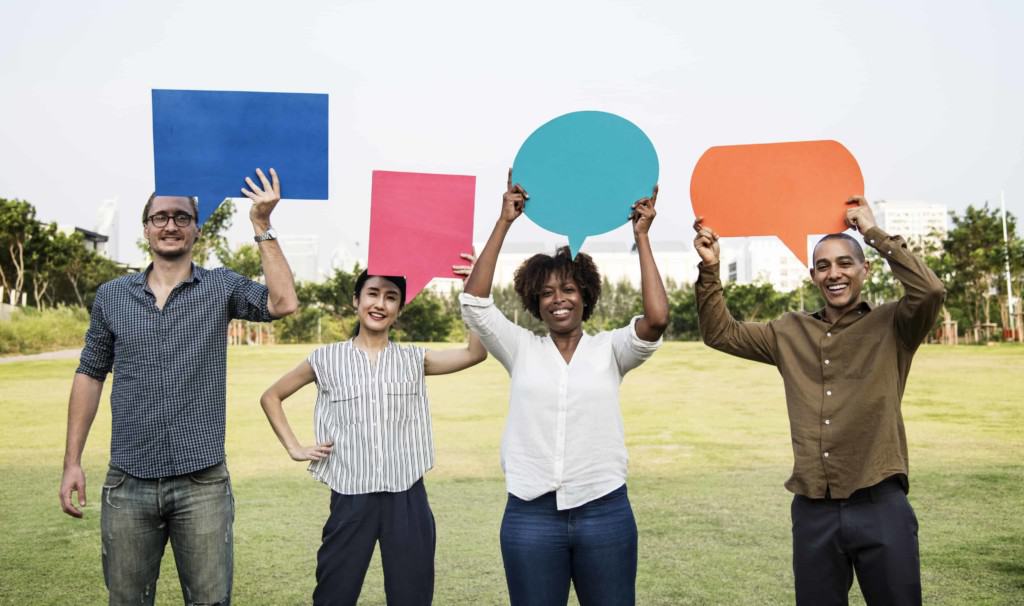Finding ways to have a productive discussion
The upcoming provincial election is an opportunity to practice debating
It’s not surprising that politics can leave people at odds with one another. After all, political views can span huge differences in ideology and values. It is easy to see how people can fight or even end relationships when viewpoints are so different.
With Alberta’s provincial election coming on April 16, political topics are bound to crop up around the dinner table or over the Internet. Spend some time on social media and you’ll notice heated or outright hostile conversations.The general advice is to never bring up politics or religion, but it’s possible to have a productive discussion.
Here’s the thing: you don’t have to agree with someone in order to have a productive discussion. You don’t have to win. In fact, a good discussion requires some give and take from either side and a genuine effort to understand someone else’s perspective.
Start with listening to what the other person is saying. It sounds obvious, but have you ever been in a discussion with someone and thought, “You’re not hearing me or even acknowledging my point”? It’s quite possible that person isn’t completely taking in what you’re saying, and it’s not necessarily because they’re doing it deliberately. Edgar Dale, an American educator, discovered people remember only 25 to 50 per cent of what they hear.
It helps to practice active listening. According to the MindTools website, active listening is “where you make a conscious effort to hear not only the words that another person is saying but, more importantly, the complete message being communicated.” So, when in a discussion, do your best to fully pay attention, paraphrase what they’re saying, ask questions, avoid interrupting before they’re finished, and be respectful. Chances are that you’ll absorb way more of what they’re saying. As a bonus, actively listening to someone will make them more inclined to listen to you.

Additionally, acknowledging someone’s point does not lessen your part of the discussion. In fact, it’s actually a strategy of rhetoric, the art of persuasion and argument that harkens way back to ancient Greece. It’s called concession and rebuttal. Before giving your side of the argument, you acknowledge the other person’s viewpoint. This demonstrates empathy and shows the other person that you know there’s another side to the issue. After that, the rebuttal is where you present your opinion and is your opportunity to point out flaws in their argument.
Think of a good discussion as a debate. If you participated in any debate class or team in school, you’ll remember that each team took one side of an issue and presented convincing, relevant facts. In that vein, it’s worth mentioning to make sure you have your facts straight. This is important because there is so much misinformation out there, especially on the Internet, that it can be difficult to separate fact from fiction. Often posts float around on social media about a highly charged topic and people will re-post it and believe the content without question. It’s easy to do that, especially if it’s something you feel passionately about. Find out the facts from reputable sources. Dig a little deeper. Maybe that post is completely accurate and you now have more information at your fingertips, and maybe it’s not and you learned something new.
While it may seem impossible to have discussions about polarizing topics with others, remember that we’re all people. Despite differences in upbringing, religion, countries, cultures, or politics, we all have the same basic needs. Underneath all the differences will be some sort of common ground we can share. Although we may have vastly different political beliefs, we probably want similar things from our government.
So instead of dreading these coming weeks of political campaigning because of mudslinging, think of it as an opportunity to learn more about important issues and participate in healthy debates.
Featured Image: Engaging in a discussion over politics doesn’t have to end in an argument. | Pixabay







